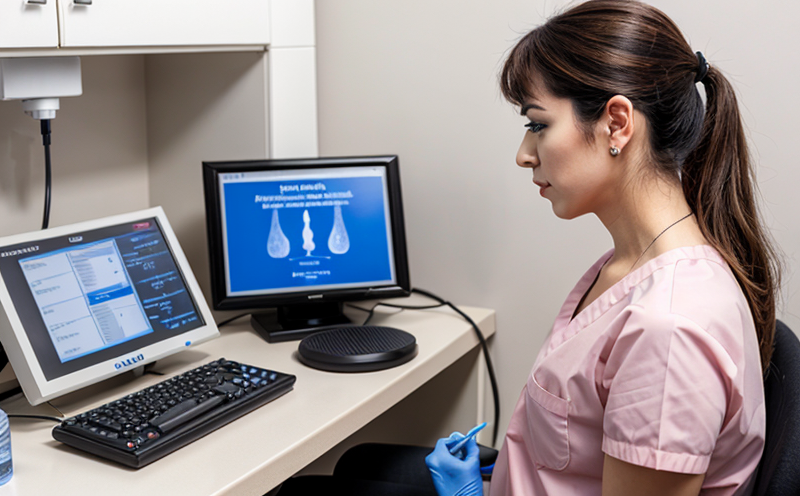T4 Hormone Testing in Companion Animal Clinics
The testing of Thyroxine (T4) hormone is a critical diagnostic tool for veterinarians and clinic staff working within the realm of companion animal healthcare. This test plays an essential role in assessing thyroid function, which can significantly impact overall health, especially in dogs and cats. Proper T4 testing ensures accurate diagnosis and timely treatment of hypothyroidism or hyperthyroidism, conditions that affect many pets.
T4 is one of the major thyroid hormones responsible for regulating metabolism, growth, and development in animals. In companion animal clinics, this test helps monitor disease progression, assess treatment efficacy, and ensure patient welfare by maintaining proper hormonal balance. The T4 test typically involves blood sampling from a pet, followed by analysis using automated or semi-automated laboratory instruments.
The American Animal Hospital Association (AAHA) recommends that all dogs over six years of age be screened for hypothyroidism, as this condition becomes more common with age. Early detection through T4 testing allows veterinarians to initiate appropriate treatments promptly and prevent potential complications such as weight gain or loss, lethargy, hair loss, or skin infections.
In the context of endocrinology within companion animal healthcare, accurate T4 levels are vital for diagnosing thyroid disorders. The reference range for serum total T4 in dogs typically lies between 12 and 30 μg/dL, while cats have slightly different norms depending on age and health status.
The use of standardized methods ensures consistent results across different laboratories and testing platforms. This includes adherence to internationally recognized standards like those published by the International Organization for Standardization (ISO) or the American Association for Clinical Chemistry (AACC).
Applied Standards
| Standard | Description |
|---|---|
| ISO 15189:2012 | Quality management for bodies providing medical laboratories. |
| AACC RP 5-A-07 | Reference intervals for serum total thyroxine (T4) in dogs and cats. |
The application of these standards guarantees the reliability and accuracy of T4 testing results. Compliance with such guidelines ensures that test outcomes are comparable, reproducible, and clinically meaningful across various laboratories.
Customer Impact and Satisfaction
The accurate detection of T4 levels through reliable laboratory testing provides significant benefits for pet owners and their animals. Early identification of thyroid issues allows for prompt medical intervention, thereby improving quality of life and reducing the risk of severe health complications.
Clinicians can trust the results obtained from compliant laboratories that adhere to stringent quality assurance protocols. This fosters confidence among clients who rely on these professionals to make informed decisions about their pet's healthcare.
Moreover, consistent application of best practices enhances patient care by ensuring accurate diagnosis and effective treatment plans tailored specifically to individual needs. Satisfied customers are more likely to recommend services based on positive experiences with reliable diagnostic tools like T4 testing.
Competitive Advantage and Market Impact
- Innovative approaches to sample preparation minimize errors during analysis.
- Use of advanced instrumentation improves precision in measuring T4 levels.
- Adherence to rigorous quality control measures ensures high accuracy across all tests conducted at the facility.
These competitive advantages position laboratories offering T4 testing as leaders in providing superior diagnostic capabilities within the veterinary community. By maintaining strict adherence to international standards, these facilities contribute positively towards enhancing overall pet health outcomes while also driving industry advancement through research and development efforts focused on improving methodologies.





